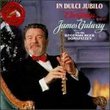| All Artists: Ludwig van Beethoven, Yale Quartet Title: Beethoven: The Late String Quartets Members Wishing: 0 Total Copies: 0 Label: Musical Concepts Original Release Date: 1/1/2006 Re-Release Date: 8/22/2006 Album Type: Box set Genre: Classical Styles: Chamber Music, Historical Periods, Classical (c.1770-1830) Number of Discs: 3 SwapaCD Credits: 3 UPC: 699675194222 |
Search - Ludwig van Beethoven, Yale Quartet :: Beethoven: The Late String Quartets
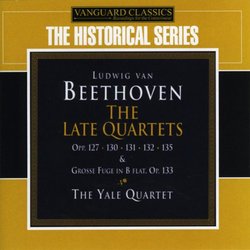 | Ludwig van Beethoven, Yale Quartet Beethoven: The Late String Quartets Genre: Classical
|
Larger Image |
CD DetailsSimilarly Requested CDs
|
CD ReviewsA worthy set High Sierra | Northern California | 03/04/2007 (5 out of 5 stars) "Back in the 1970's I was in my favorite record store, perusing the bins when I spotted the Vanguard LP of Opus 132 performed by the Yale Quartet. On a lark I decided to buy it, even though I knew nothing about this ensemble. Now, some 30 years later, I continue listening to this performance. I later bought the Yale Quartet's LP set of all the late quartets, and now the CD set. I can't tell you if this is the best set of the late quartets. There are many I have not heard. But I always get goosebumps when I listen to these performances. Kudos to Vanguard for continuing to reissue the Yale Quartet's Beethoven recordings and keeping them in the catalogs. This is a worthy set, in my opinion, and at a budget price to boot. " Fascinating, A Zillion Stars!!!! Blank Stare | California | 07/03/2007 (5 out of 5 stars) "This is the Best Deal on this whole website!!! 3 CD's of the finest music ever composed (well, in addition to Bach, Miles Davis, and a couple of others...) for 12 bucks. You can't live without this!!! The interpretations and performances are exceptional. The Quartet can even bring meaning to the Allegros! Most groups sound like they are thinking about what to eat for Dinner while playing the Allegro. There's a floating, "organ" type sound that this Quartet performs in some of the slower movements that's un--believable. Buy this and listen to the Grosse Fugue (sp?) on the 2d CD first. I was told that many of the players from this Quartet performed in a Quartet that specialized in New Music performance and so they know how to bring out the abstract qualities in that piece. Somebody needs to publish everything Broadus Earle (sp?), the 1st violinist, ever played. The one thing that might be missing is the extreme Joy that only Europeans seem to bring to Beethoven. But The Yale Quartet does replace it with something else..." Exceptional and somewhat unusual Beethoven Long-Time Listener | Wichita, KS | 12/09/2009 (5 out of 5 stars) "This is the same review as for the earlier release of this:
I have to also give this five stars. Firmness and continuity of line, clarity of form, classical poise, and rich feeling can be found here more so than in some more modern sets (I prefer them to most, including the Italianos and the Berg and others), and sometimes also more attention to what Beethoven actually wrote. In the concluding section of the last movement of Op. 127 (No. 12), for example, Beethoven wrote "allegro commodo" ("as fast as is comfortable"). Oddly, almost all string quartets choose to *slow* their tempo there, sometimes radically, turning the final section into a bizarre and inappropriate "fantasia," whereas the Yale Quartet, in line with what Beethoven wrote, take a faster tempo than you'll hear anywhere else, which results in a witty and energetic ending that matches far better the mood of the movement as a whole. All in all, very highly recommended. The sound quality of these late '60s and early '70s recordings is slightly dated, but it isn't a drawback for performances like this." |

 Track Listings (11) - Disc #1
Track Listings (11) - Disc #1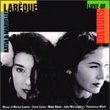
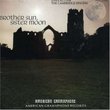
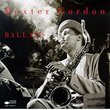

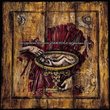



![Across The Universe [Deluxe Edition]](https://nationalbookswap.com/cd//m/51/1251/1241251.jpg)
